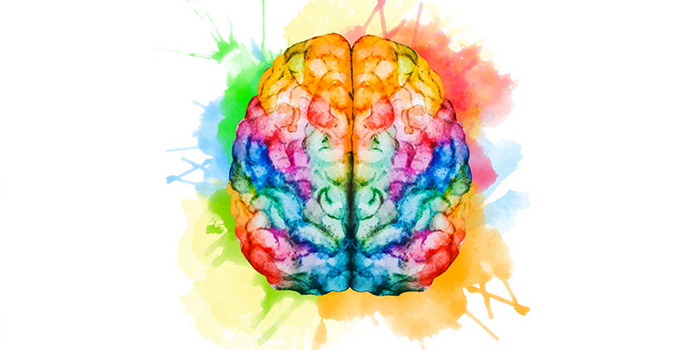No products in the cart.
Uncategorized
6 Facts About Frontotemporal Dementia
Frontotemporal dementia, also known as FTD, is a less common group of dementias. It affects the front and sides of the brain (the frontal and temporal lobes), which often causes problems with behaviour and language for the person living with FTD. According to the Australian Frontotemporal Dementia Association, between 3,500 and 11,500 Australians are currently estimated to be affected by Frontotemporal dementia. However, many people living with FTD are misdiagnosed and are often treated for psychiatric disorders, depression, or Alzheimer’s.
As it is much rarer than other forms of dementia, such as Alzheimer’s disease, many people do not know much about FTD or may not have even heard of it. This article provides more information on the condition, with the aim of spreading awareness and increase understanding of FTD.
Fact 1: It Is Not Known Why People Develop FTD
As FTD is a less common type of dementia, it is more difficult to understand its causes. Researchers have found out a lot about how FTD develops in the brain, but they are yet to discover the reasons why some people develop FTD and others don’t.
FTD appears to affect both men and women equally, and there is not enough evidence to conclude whether lifestyle factors, such as physical activity, smoking, and alcohol consumption affect a person’s likelihood of developing the condition. It is also unknown whether living with other long-term health conditions, such as high blood pressure or diabetes impacts a person’s risk of developing someone the condition.
Fact 2: Genetics Can Impact FTD
While it is not known whether lifestyle factors or other health conditions affect a person’s chance of developing FTD, research has found that FTD is much more linked to genetics than other forms of dementia.
Fact 3: FTD is Diagnosed in Younger People
While more common forms of Dementia, such as Alzheimer’s disease, typically affect people over the age of 65, FTD is most often diagnosed between the ages of 45 and 65. However, the condition can affect people younger or older than this age bracket. With a diagnosis at a younger age, a person will face a unique set of challenges as they will likely still be working with a mortgage or other bills to pay. They may also have children who still rely on them. As such, they will need alternative services and support than those that are typically offered to people living with Alzheimer’s.
Fact 4: FTD is Difficult to Diagnose
FTD can difficult to diagnose as it is not common and has different early symptoms to other types of dementia. FTD may cause changes in behaviour and personality, language or movement but changes related to behaviour and personality are often not obvious in the early stages. Memory is not usually affected as it is with Alzheimer’s disease. Someone in the early stages of FTD may take more risks, lose inhibitions or exhibit obsessive behaviour, which is often misdiagnosed as depression schizophrenia or obsessive-compulsive disorder. In addition, if the person is under 65, a doctor may not expect dementia right away.
Fact 5: FTD Cannot be Treated
At the moment, there is no cure for FTD and no way of slowing the progression of the disease. Medications that are often used to treat other types of dementia are typically not recommended for people with FTD as they can make the symptoms of FTD worse. Some types of antidepressants and antipsychotic medications can help with the behavioural problems associated with FTD. However, these medications must be used with caution in people with dementia as they carry a risk of serious side effects.
Fact 6: Support is Available for People with FTD
There are a number of health and social care professionals available to support a person with FTD. In many cases, a team of professionals will be necessary to cover all aspects of care. This team will include professionals such as GPs, community nurses, psychiatrists, speech and language therapists, neurologists and social workers. If the person has difficulty with movement or co-ordination, a physiotherapist or occupational therapist may also help. Family caregivers may also be involved in caring for a person living with FTD.
If you or someone close to you is having memory or language problems, or feeling confused, they should seek medical advice from their GP.
We hope that this article has provided some useful insight into FTD. If you’re caring for someone with dementia, Brain Sparks’ Dementia Live® experience may be of benefit to you. This workshop immerses carers in the experience of living with dementia to give them powerful insights for effectively communicating with those in their care.


